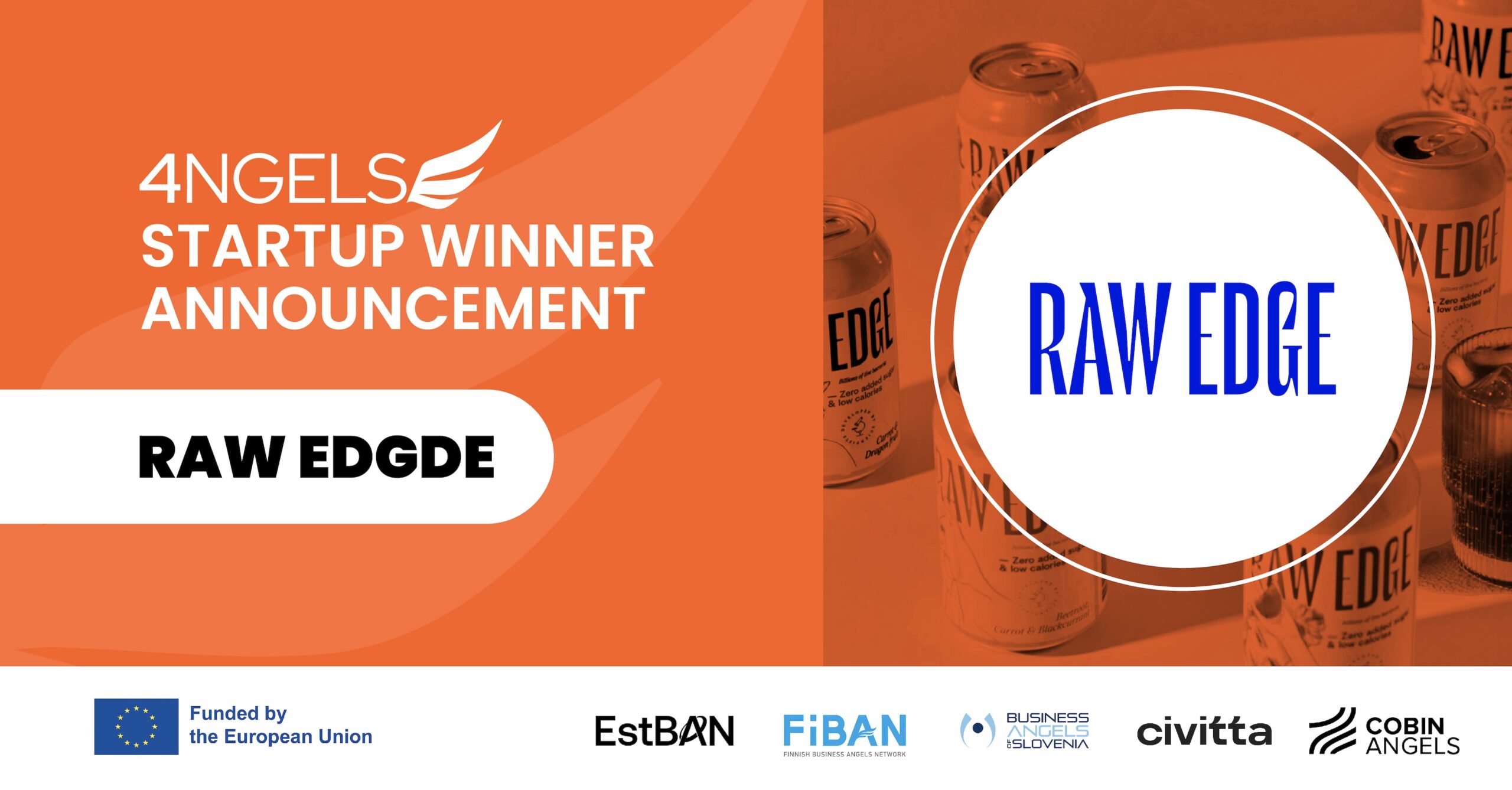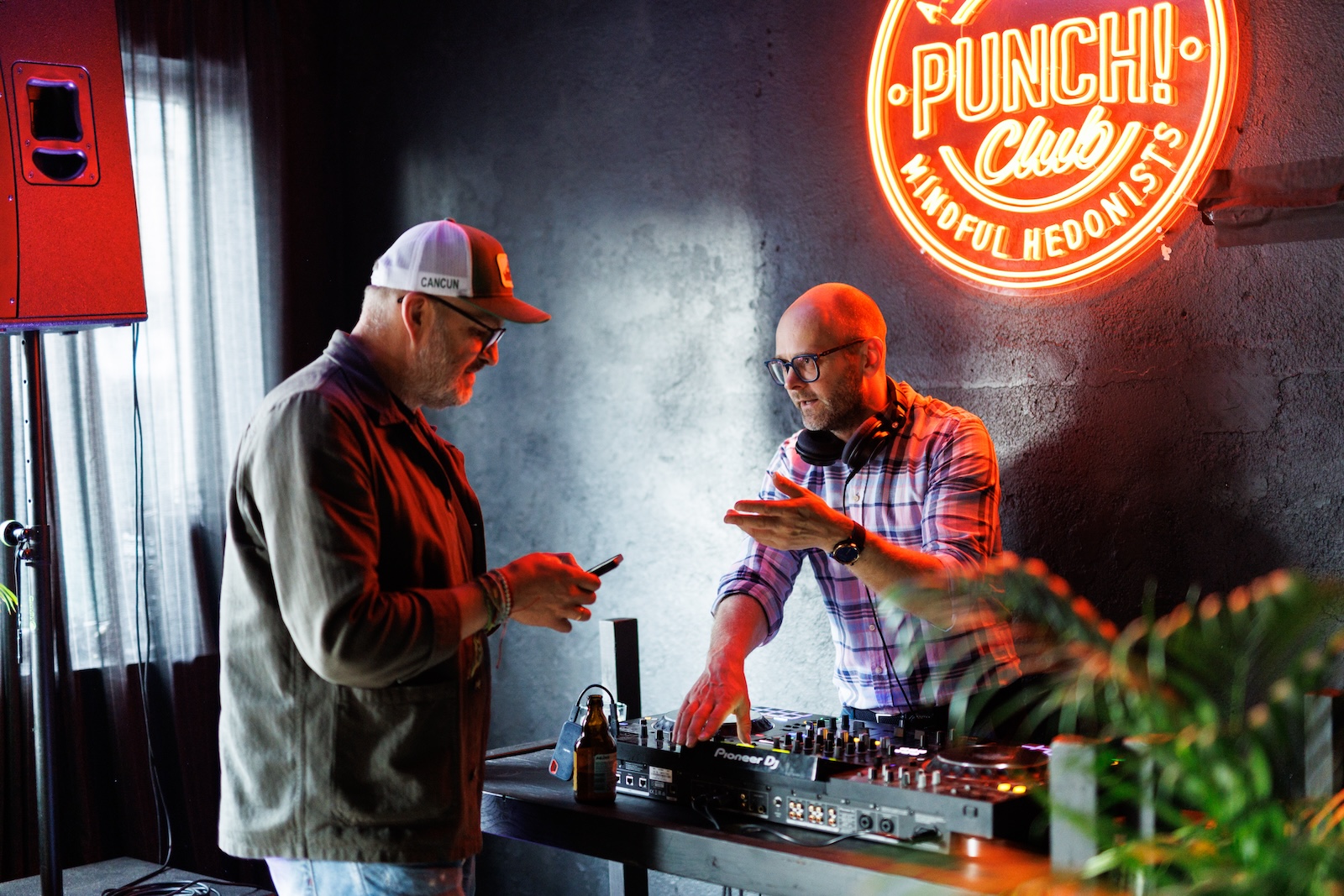Serial entrepreneur-investor Allan Martinson started his career by founding BNS news wire at the end of the Soviet era. Since then he has been part of numerous success stories in the region.Allan was interviewed by Tarmo Virki, editor in Forbes Estonia magazine.
Our neighbours in Finland can boast of another super startup, the less than 3 year old gaming firm Supercell, which was valued at $770 million in its latest financing round. How could we do something like this in Estonia?
The same way the Finns did it. Supercell and Rovio are both products of a pretty long development. We have Creative Mobile, which is still an unknown company for a large part of the population. It’s not Supercell yet, but it’s halfway there. The beauty of Supercell and similar companies is that you don’t actually need a massive workforce. You can achieve it with 20, 30, 50 people and that’s available in Estonia. You just need to try. I think we are approaching critical mass in Estonia and we can find Supercells … in 3, 4, 5 years.
Is the ecosystem really in place?
We have never had such a number of successful startups. Once a month or at least once a quarter we have a company raising 1-10 mln or even 10 mln plus of new funding. It’s totally different to what we had 2 years ago. On a per capita basis its very very good. Looking at the GDP ratio it could be better than Finland.
What is your most promising investment at the moment?
Most of my investments are quite predictable now, they are quite mature companies and they have been around for quite a long time. I am quite picky, focusing on a limited amount of companies, 6 or 7 of them, and 4 of these were in my portfolio 5 years ago. We have one company, which is 100 million plus, the largest Russian computer game and video DVD publisher. We also have Cherry Media, with 30 million euros annual turnover. However, in my current portfolio there is not a single company which has Supercell’s potential.
Don’t we need something unique to get there – companies like Cherry Media basically just copy something done elsewhere?
Cherry Media is building quite a unique e-commerce company for the Baltic market. It started as a copycat, but it’s not a copycat today. The Baltic market is so different that in the long run you have to adjust you cannot just copy.
You are talking about the Baltic market, aren’t the 3 countries way too different for that?
Yes and no. They used to be much more different than they are today. When it comes to building up an organization I would say the difference between Tallinn and Tartu is bigger than the difference between Tallinn and Riga. For me people in Tartu are like foreigners.
But how has Tartu then built up so many successful startups?
It amazes me. In a close environment maybe people are more dedicated, and cheaper. Most of these startups tend to keep development centers in Tartu, they don’t have sales offices there – Playtech, Fortumo, Zeroturnaround, Click and Grow. I am on the supervisory board of Regio, so I can say that I think their single biggest problem is that they need to move their headquarters away from Tartu.
How can we attract angels?
Angel investments are always about emotions and really about liking the people, the team, the soft issues. Secondly they are about feeling in some way attached to the business itself. If you look at portfolios of successful Estonian angels you can always backtrack these to a common root: if you look at Marek Kiisa, his investments are in engineering. He himself is an engineer. I have been doing stuff in media, I still regard myself as a media man.

You started as a journalist, how did you get into the business of startups?
I became a media entrepreneur very quickly, 2 years after I started writing.
I didn’t know it was called a startup, I didn’t know of product market fit, but I went through all of it in the spring of 1990 when we started what we now know as Baltic News Service with two fellow students, but it was a startup. It reached a product market fit in one month. It was a perfect case of a successful startup. That was my WOW moment, I suddenly realized that I have a product and it’s selling.
What would you like to be doing in 2020?
I would like to be somehow involved in a few successful companies of which I have not the slightest idea yet. I am a serial entrepreneur … I would definitely like to be involved in a few successful high-tech businesses originating from this region.
Is the ground ready for this?
It’s statistically improbable that such a high number of successful startups are emerging here just by accident. The best thing to happen to our region was the crisis: so many people started to re-evaluate their personal lives.
Today, the only way to get rich in Estonia, really rich, is to set up a high-tech company. Most of the local niches are already taken, the only thing which is truly scalable is high-tech. The only way to get 100-million-rich in Baltics is through building a tech company.
Is that your target?
First of all what I do must be interesting for me. If I need to trade-off something: I cannot do boring things. That’s my weakness. Secondly it must leave some legacy which is still standing in 10 or 20 years. It’s good if it also produces upside, but that’s the result of the previous two.
Can we speak of a 10 or 20-year timespan for Cherry Media?
We are trying to build a next generation e-commerce company for Baltic consumers. Whether it will be independent or a public company – I don’t know. There is at least a 50:50 chance it will be sold by that time, but definitely Baltics needs some sort of local e-commerce.
How could we get more foreign capital into our startups?
Angel investments are like dairies, you cannot sell milk in a radius greater than 200-300 kilometers. With angel investments it is very similar – you have to be close. Angel rounds will stay very local. We need more people to become angels. And what we need is local and international venture capital, we need more local venture capital. As Estonian Development Fund is changing its strategy to become fund of funds, there is not one local venture capital fund investing in Estonia today. The startup community has not suffered though, they have gone out to raise capital.



